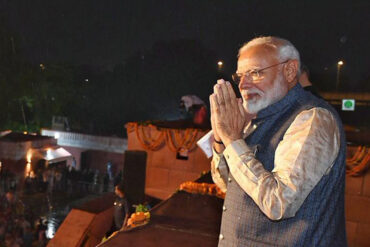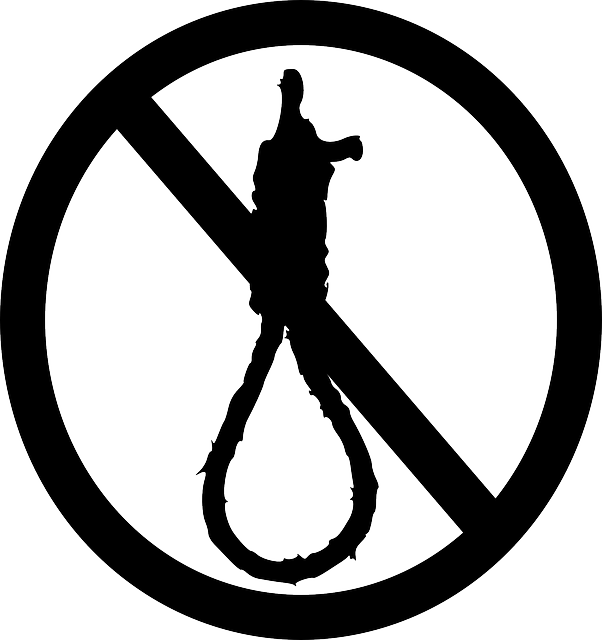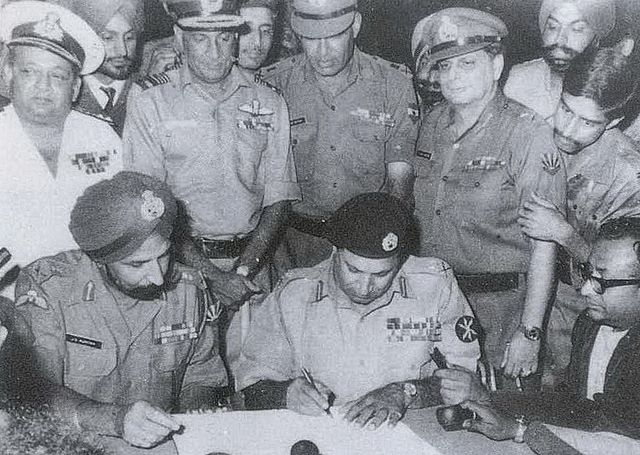Many say purpose of life is determined by destiny. Others believe that the destiny is crafted by actions. For a lawyer, both the statements remain true. In my case, this happened when destiny wanted me to argue Jayanandan’s (notoriously known as Ripper Jayanandan) death sentence reference before the High Court of Kerala.
Jayanandan was convicted in a murder case where he was alleged to have caused the death of a 65 year old lady and attempted the murder of her 71 year old husband for robbery for which he was sentenced to death by the trial court. He was also convicted in several other cases and sentenced to death and life imprisonment in two cases, which later ended up in acquittal. He was also acquitted by the Supreme Court in one case. He has attempted jail-break successfully from all the three central prisons of the State and convicted in those allegations as well. He was kept in solitary confinement and was facing the gallows. Allegations against him of being a serial killer had gained him the prefix, ‘Ripper’.
Death sentence references are opportunities for lawyers to give back to the society in the quest for saving a life. All criminal lawyers’ ‘act of God’ moment comes when they argue a death sentence reference to save the life of the notorious, unwanted element of the society – the criminal. Almost all death sentence cases have a similar trajectory – the entire society, being shocked by the horrendous crime, develops a dangerous antipathy against the criminal; the investigating agency, being influenced by the public opinion generated by the media, gets prejudiced for whatever reason and tends to create false evidence against the accused; the witnesses would be influenced by the media and believes such stories even eclipsing their true experiences thus hijacking the truth. Since there is no jury trial in India, the judge may also get influenced by public opinion and moves on with prejudiced trial. The most unfortunate aspect of trials that ends up in death sentences in India is that the accused is made aware that the prosecution would be demanding death sentence only at the fag end of the trial thus denying an opportunity of bringing in mitigating circumstances before the court.
In American states, which is always compared to whenever there is a debate on the legality of the death sentence, the defense is given an indication or warning that the death sentence would be awarded in the given case, thus giving them an opportunity to bring in mitigating circumstances to avoid death sentence. The defense lawyers are also trained as to how to defend the death sentence cases and how to collect mitigating evidences to be used in the trials. This is done at the expense of the state, in America, where also the validity of death sentence is still being mooted. In India, there are no such forums or platforms training the lawyers to defend death sentence cases. Even the appointment of state briefs depends only on the years of practice they have put in and not on their capability to conduct a trial. There have been instances where the state brief has defended/un-defended the accused against their own conscience being influenced by the public opinion. Such trials end up as tragedies. Many a time, one can find that cases that end up being awarded death sentence are conducted by untrained state briefs. This is where the relevance of the Death Penalty Litigation Clinic headed by Dr. Anup Surendranath of the National Law University, Delhi comes in. The clinic had conducted a nation wide survey of the death sentence convicts and in the process met Mr. Jayanandan as well. Their experience of interviewing many death sentence convicts convinced them for the need of better lawyering for these class of men who were waiting for their turn at the gallows. Having found that Jayanandan falls under this category, they sought the appointment of a lawyer for conducting his death sentence. This is where the case takes a U-turn from gallows to the path of life. At that point of time, the matter was being heard by a Division Bench of the Kerala High Court which included one among the toughest judges Kerala has ever seen, one who has sternly and openly expressed his view on death sentence.
Destiny came calling for me when I was entrusted with the vakalath, at which point of time the arguments were over and the accused was summoned to the High Court for taking additional statements which were missed out in the trial to fill up the lacunae. I was pessimistic and against appearing in the fag end of an appeal being argued by another. But the clinic never wanted to take a chance and their passion to be the protector of every life persuaded me to take the flight to Kerala in the eleventh hour. The entry was dramatic just like in a movie. We were watching the proceedings in the court when the accused was being arrested as regards many aspects including his earlier convictions and prosecution. The accused, without any defense, mumbled something without even consulting his lawyer. The earlier lawyer, who was contacted by us, somehow wanted to get rid of the brief and mentioned our name. We pulled in and managed to get an adjournment for the arguments to the next day. The divine intervention came through the senior judge, Justice V.K. Mohanan, who was kind enough to grant time till then.
Many lives have begun their journey during night and that night determined the fate of Jayanandan’s life. That was our adrenaline push and we could not sleep the whole night. We could not even sense when the dawn broke. We were just pushing through the death sentence reference bundle. At about half an hour through the arguments the next day, we could sense the difference of opinion among the judges while we were targeting on the judge-centric approach to death sentences. We were also targeting and focusing our arguments to avoid Justice Kamal Pasha who had already failed Jayanandan in the criminal test in another trial when he was a Sessions Judge. At the end of a day’s work, the judgement was reserved. The vibe we got from the bench was not very positive. With divine intervention, the case got another turn when on the date of the judgement, after posting the case for delivering the judgement, Justice Kamal Pasha avoided the matter and the bench split. The judges in that division bench never sat together again resulting in many stories lingering in the court corridors even to the extent that there were two judgements available, both concurring on conviction but differing on sentences. We do not believe in any of the stories but nevertheless, we have not lost faith in God. What else could have protected the life when the ship was travelling against the worst tempest and we almost believed that the ship had a wreck?
Our view that death sentences are always judge-centric was fortified when the matter was taken up before another bench where the sailing against the sentence was smooth and tidy. The sentence was commuted to life, although with conditions. A life was saved by the proactive efforts taken by the Death Penalty Litigation Clinic. After all these years, along with the case, my attempt to be an atheist has taken a U-turn. Now, I believe in God, the protector of life, and Jayanandan survives yet another death sentence.
Renjith Marar is an Advocate practicing in the Supreme Court of India.







